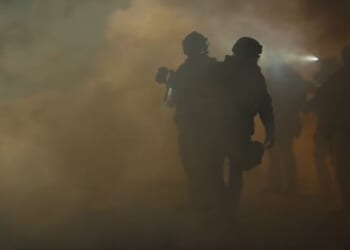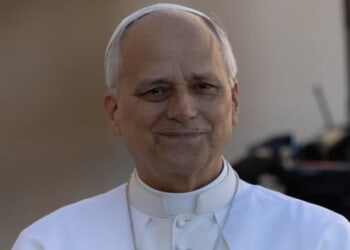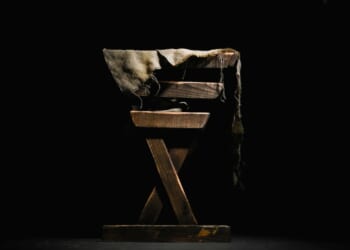Recent stories of note:
“Egypt’s Grand Museum opens, displaying Tutankhamun tomb in full for first time”
Yolande Knell & Wael Hussein, BBC
After twenty years of construction, the long-awaited Grand Egyptian Museum in Cairo is finally open. If you take into account the additional decade or so that went into planning it, the museum took roughly as long to build as the Great Pyramid, next to which the GEM sits. The museum is, appropriately, built on a pharaonic scale, spanning 5.4 million square feet, in order to display and conserve some hundred thousand artifacts, with plenty of room for more as they come in from ongoing archaeological missions. One of the showstoppers of the GEM is an enormous, eighty-thousand-square-foot gallery that houses all 5,400 objects discovered in the tomb of Tutankhamun. Next up on the Egyptian government’s agenda is to use the publicity around the opening of the GEM to pressure Western museums to give up their most renowned Egyptian artworks, including Berlin’s Nefertiti Bust and the British Museum’s Rosetta Stone.
“A Devotion to Art”
Kathryn Murphy, Literary Review
So little was known about Jan Vermeer in the nineteenth century that the art critic Thoré memorably called the artist “the Sphinx of Delft,” after Vermeer’s hometown, which he never left. Andrew Graham-Dixon, the author of a blockbuster biography of Caravaggio, is the latest writer to try his hand at solving the biographical riddle of the sphinx who produced paintings almost as enigmatic as himself. Graham-Dixon situates Vermeer in the heterodox religious milieu of the Collegiants, a group of radical Christians from various suppressed denominations that met at the house of Maria de Knuijt, Vermeer’s major patron (with her husband she commissioned more than half of his oeuvre). Accordingly, Graham-Dixon argues that many of Vermeer’s works are devotional in nature, potentially revolutionizing our understanding of even his most well-known masterpieces. As Kathryn Murphy writes in her view, “Girl with a Pearl Earring becomes a portrait of de Knuijt’s daughter Magdalena as Mary Magdalene. . . . View of Delft is a picture of the celestial city.” Still, as Murphy points out, while Graham-Dixon’s interpretation is ingenious, it does not exhaust the peculiar immanent quality of Vermeer’s works that makes them so captivating.
“Smashing Plato’s Egg”
Arron Reza Merat, The Hedgehog Review
Esotericism has long been a dirty word in academic circles. Theologians don’t touch the topic because of its pagan connotations, while historians of science regard the phenomenon as quackery that hampered progress. But as Arron Reza Merat points out in his review of Wouter J. Hanegraaff’s recent book-length study of the history of esotericism, the study of secret texts such as the Greco-Egyptian Corpus Hermeticum or the writings of the medieval Jewish Kabbalists was central to the Renaissance, occupying the minds of leading lights such as Marsilio Ficino and Pico della Mirandola. These non-Christian traditions were repackaged under the label of theologia perennis (“Christianity preceding Christ,” as Merat puts it) and could thus exercise a profound influence on the development of theology and science. It was only with the Reformation that some began to doubt the sanctity of the marriage of Greek pagan philosophy and Christianity, a union that goes all the way back to the Church Fathers, who first mixed “esoteric” Neoplatonism into Christianity. In the ensuing Protestant purge of any hint of pagan influences, the debt that the West owes to esoteric traditions was forgotten.


















